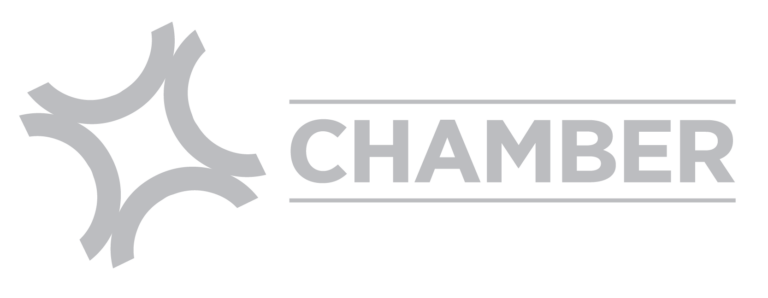
In today's fast-paced business environment, nurturing effective team communication and collaboration is vital for achieving organizational goals. As leaders, it's imperative to cultivate an environment where teams can thrive and leverage their collective strengths. Here are key strategies to empower your teams for success.
Use PDFs to Streamline Team Collaboration
Business owners can make team collaboration simpler by digitizing company paper records and business documents. This digitization allows for easy sharing, searching, and accessing of documents, streamlining communication and project management. If you want to make changes to a scanned document, you can use optical character recognition (OCR) to convert your document into a fully-editable PDF. Understanding the meaning of OCR is crucial, as it enables the transformation of static images into editable and searchable text, significantly enhancing document usability and efficiency.
Hold Regular Team Gatherings
Consistent team meetings serve as a linchpin for fostering collaboration and alignment. These sessions provide a platform for sharing updates, clarifying objectives, and addressing challenges collectively. By establishing a regular meeting cadence, leaders ensure that communication channels remain open, promoting transparency and accountability within the team. Furthermore, regular gatherings allow team members to build rapport and trust, essential elements for effective collaboration. When individuals feel heard and valued during these meetings, they are more likely to actively engage and contribute to team objectives.
Foster Your Social Connections
Implementing social activities for staff not only boosts morale but also fosters a strong team spirit. For instance, businesses situated in pedestrian-friendly locales can benefit immensely from organizing monthly community walks. This allows the team to bask in the fresh air and bond over shared experiences outside the office. Additionally, hosting regular team lunches or coffee breaks in nearby cafes offers another excellent opportunity for employees to relax and engage in casual conversations, further strengthening their connection.
Ensure Teams Are Cross-Functional
Cross-functional collaboration harnesses the diverse expertise within an organization to tackle complex problems. By breaking down departmental silos and fostering collaboration across different functional areas, leaders stimulate innovation and creativity. Assigning projects that require collaboration across departments not only promotes knowledge sharing but also fosters a holistic approach to problem-solving. When team members from various backgrounds and skill sets come together, they bring unique perspectives to the table, leading to more robust solutions and outcomes. Effective cross-functional teams leverage the strengths of each member to achieve common goals and drive organizational success.
Promote a Culture of Respect
Respect forms the bedrock of effective communication and collaboration. Leaders must cultivate an environment where every team member feels valued and respected, irrespective of their role or background. This entails actively listening to others' viewpoints, providing constructive feedback, and acknowledging contributions. Creating a culture where all ideas are welcomed fosters inclusivity and encourages active participation from all team members. When individuals feel respected and valued, they are more likely to communicate openly, share ideas, and collaborate effectively with their peers.
Celebrate Team Achievements
Recognizing and celebrating team successes is crucial for bolstering morale and motivation. Whether it's hitting a milestone, surpassing targets, or completing a project, acknowledgment reinforces positive behaviors and fosters a sense of accomplishment. By publicly acknowledging and appreciating team efforts, leaders reinforce a culture of collaboration and inspire continued excellence. Celebrating achievements also provides an opportunity to reflect on lessons learned and recognize the collective effort that contributed to the success. This recognition not only motivates team members but also reinforces their commitment to working collaboratively towards shared objectives.
Encourage Peer Evaluation
In addition to feedback from leadership, peer evaluation enhances team dynamics and accountability. Empowering team members to provide feedback to one another fosters a culture of mutual support and transparency. Peer feedback promotes communication skills, strengthens relationships, and fosters a culture of continuous improvement within the team. When individuals receive feedback from their peers, they gain valuable insights into their strengths and areas for development, enabling them to become more self-aware and proactive in their personal and professional growth. Moreover, peer evaluation reinforces the idea that collaboration and accountability are shared responsibilities within the team, encouraging individuals to hold themselves and their peers to high standards of performance.
Effective team communication and collaboration are imperative for driving organizational success in today's competitive landscape. By implementing strategies like using PDFs to make collaboration simpler, facilitating regular team gatherings, establishing cross-functional teams, and more, leaders can create an environment where teams thrive and excel together. These principles not only enhance productivity and innovation but also foster a positive and inclusive workplace culture, ultimately contributing to long-term success.

9 East Main Street, Suite 105
Westminster, MD 21157
410.848.9050
Fax: 410-876-1023
info@carrollcountychamber.org